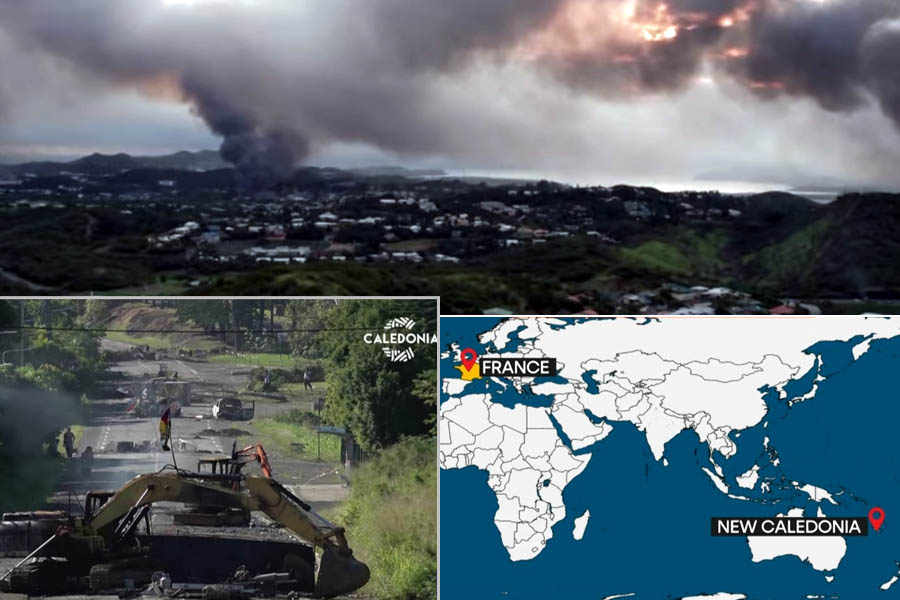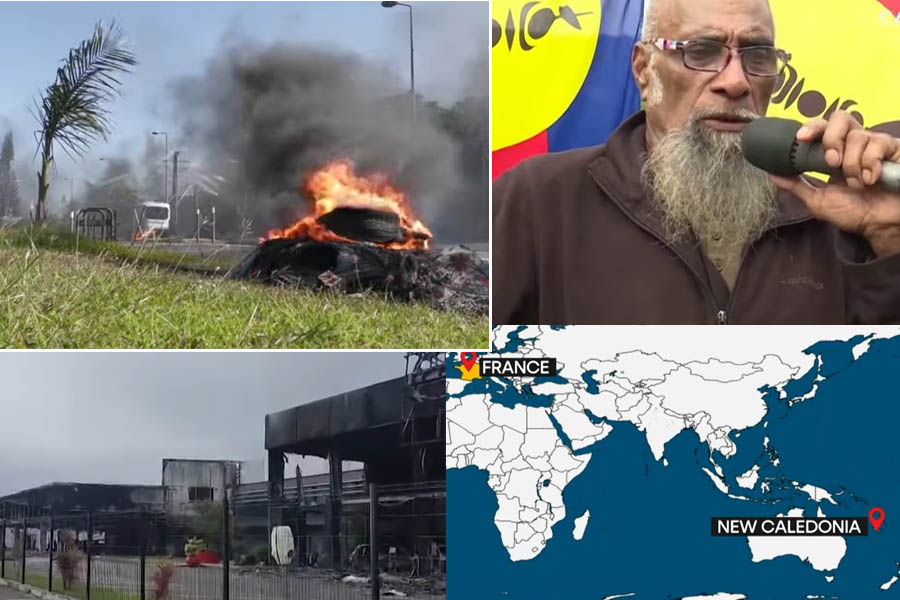
The French-ruled island of New Caledonia has plunged into chaos following the adoption of a controversial electoral reform bill on May 15, 2024. The bill, proposed by President Emmanuel Macron's administration, extends voting rights to recent immigrants, a move that has sparked outrage among the indigenous Kanak population. Protests have escalated into violent riots, leading to the declaration of a state of emergency by the French government.
Background and Causes of the Unrest
New Caledonia, located in the Pacific Ocean approximately 17,000 kilometers from Paris, has a complex colonial history with France dating back to 1853. The indigenous Kanak people, who make up about 41% of the island's population according to a 2019 census, have long been marginalized. In contrast, Europeans and other ethnic groups, including Asians and Polynesians, comprise the remaining demographic segments.
The unrest was triggered by Macron's electoral reform, which allows immigrants who moved to New Caledonia after 1998 to vote in local elections. This change overturns an agreement from the 1998 Nouméa Accord, which restricted voting rights to residents established before that year. The accord was a pivotal element in a peace deal between pro-independence Kanaks and French loyalists, following decades of conflict.
The Kanaks view this reform as an attempt to dilute their political influence and weaken their push for independence. Paris, on the other hand, argues that the previous voting restrictions were undemocratic and needed to be revised.
The Escalation of Violence
The adoption of the reform has led to severe civil unrest. As of May 17, 2024, at least five people, including two French military police officers and three civilians, have been killed in clashes. The island has witnessed widespread violence, including arson attacks on cars, looting of shops, road barricades, and gunfire exchanges.
In response to the escalating violence, the French government declared a state of emergency and deployed armed forces to restore order. The international airport has been closed, public gatherings banned, and a curfew imposed in an attempt to curb the unrest.

Potential Outcomes and Future Prospects
The French government has invited both pro-independence and loyalist factions to negotiations in Paris, offering to reconsider the electoral reforms if a new agreement can be reached. However, given the long-standing and deeply entrenched positions on both sides, reaching a consensus before Macron's stated deadline of late June seems challenging.
The risk of further escalation remains high, with ethnic tensions at a dangerous peak. While some leaders have condemned the violence and are calling for dialogue, the path to lasting peace and stability in New Caledonia remains uncertain.
Thank you for reading: globalpostheadline.com